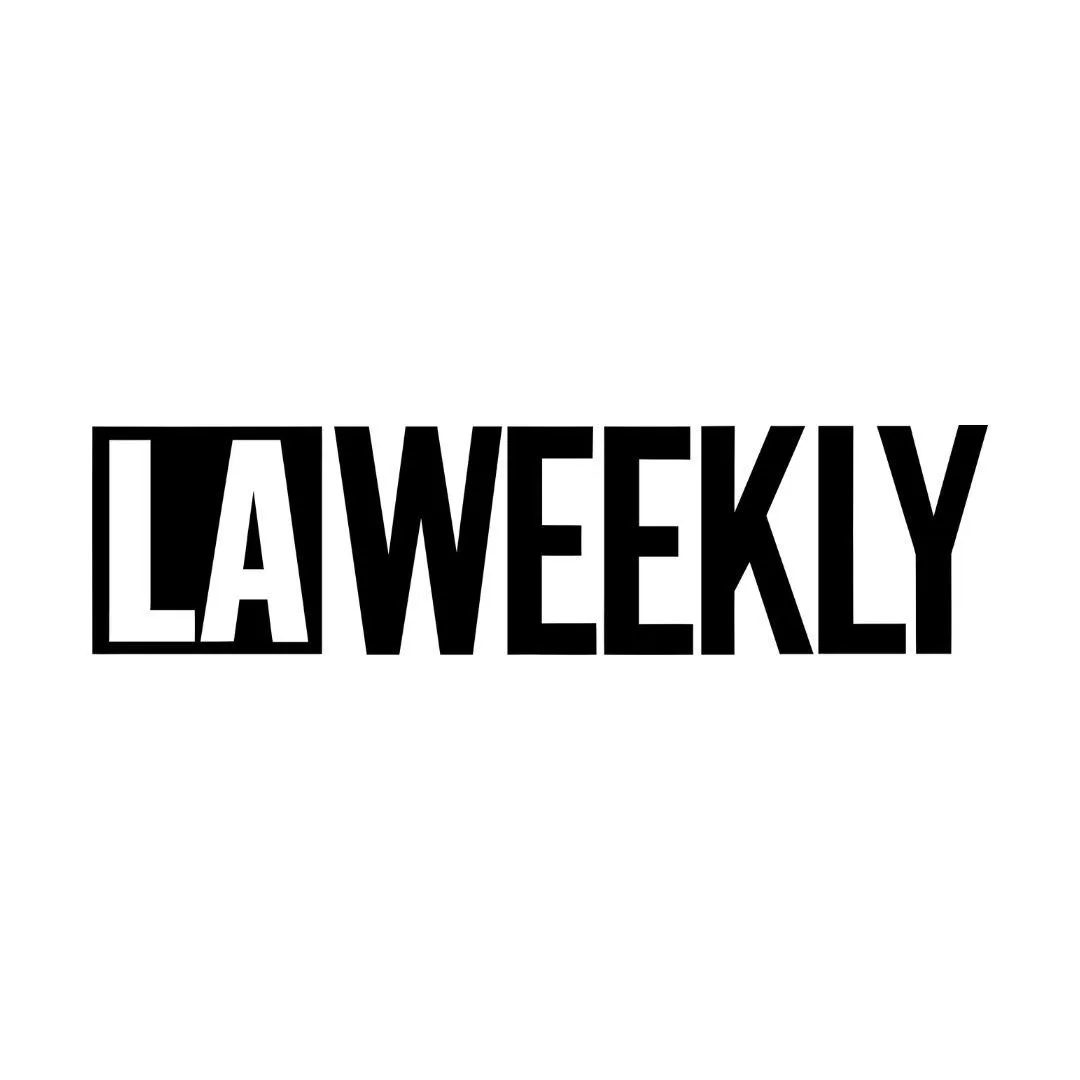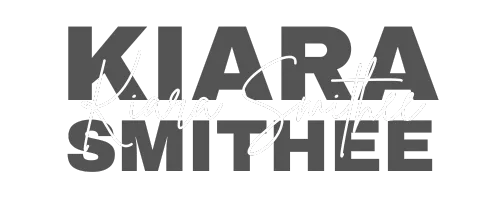
KIARA SMITHEE
Entrepreneur
Follow Kiara Smithee on her journey to achieve financial freedom and a healthy lifestyle. Explore her insights on products, places, and strategies that support wealth and well-being.
She specializes in renewable energy and real estate investments, bringing over ten years of experience in designing solar solutions for homes and businesses.
When she's not working, she loves to travel the globe and write about these topics.
AS SEEN IN

AS SEEN IN





LATEST
BLOG ARTICLES

Why Realtors Need To Stop Saying “Rented Solar” When Talking To Homebuyers
In the rapidly evolving landscape of residential real estate, the integration of green technology into the home is becoming increasingly popular. Among these green technologies, solar energy and battery systems stand out for their efficiency and environmental friendliness.
However, there's a terminology misstep that real estate professionals often make when discussing these systems with potential homebuyers - referring to solar leases as "rented solar." This article aims to clarify why this term is misleading and how a more accurate understanding can benefit both realtors and homebuyers.
Understanding Solar Leases: Beyond the Misconception
Solar leases represent a financial arrangement allowing homeowners to pay less for electricity by utilizing solar energy without the hefty costs of purchasing the panels or equipment. In this arrangement, a homeowner agrees to have solar panels installed on their property. This enables the homeowner to enjoy the benefits of solar power, such as reduced electricity bills, control over rate increase and a smaller carbon footprint, without buying a solar system.
The crucial point here is that while the homeowner does not own the solar panels, referring to them as "rented" oversimplifies and mischaracterizes the nature of the arrangement. Unlike traditional renting scenarios, a solar lease often includes additional benefits, such as maintenance, repairs, and sometimes even performance guarantees from the solar provider.
“What people often overlook is that a solar provider serves the same purpose as a traditional power company by delivering electricity to homes, but in this case, it does so by installing solar panels on roofs. This process is similar to how a utility company powers a home through grid lines. Both types of companies necessitate that the homeowner creates an account with them. The only distinction lies in the pricing; solar company rates tend to be less expensive than those of utility companies.” - Kiara Smithee, CEO of My Solar Solutions
The Importance of Accurate Language in Real Estate Transactions
Why does the distinction between "rented" and "leased" matter in real estate conversations? The use of precise and accurate language is critical for several reasons:
Building Trust with Clients
For realtors, establishing and maintaining trust with clients is paramount. Misusing terms can unintentionally mislead clients about the nature of their potential investment, possibly breeding confusion and mistrust. By accurately describing a solar lease, realtors demonstrate thorough knowledge of property features, fostering a relationship based on transparency and expertise.
Enhancing Property Appeal
A solar lease can significantly enhance a home's appeal. It represents an opportunity for potential buyers to engage with renewable energy technology without the prohibitive costs. By clearly explaining the benefits and responsibilities entailed in a solar lease, realtors can illustrate the added value such an agreement brings to the property.
Informing Financial Decisions
Understanding the difference between a lease and what might traditionally be considered rental is crucial for informed financial decision-making. A solar lease has distinct financial implications, including fixed monthly payments and savings on utility bills. Accurate terminology helps potential buyers comprehend these implications, aiding them in making sound financial choices.
Faster Escrow Process
When contacting your solar provider or manufacturer to transfer the lease to a new buyer, it's crucial that you use industry-specific terminology to prevent any delays. Saying “I need more information about this rented solar and how to transfer it” is going to result in you spending more time on the phone than needed - delaying your escrow.
Strategies for Realtors: Navigating the Conversation
To navigate the conversation around solar energy systems accurately and effectively, realtors should:
Educate Themselves and Their Clients: Knowledge is power. Staying informed about the nuances of solar leases and other solar financing options enables realtors to provide valuable insights to their clients. Attend the next Win-The-Buyer Seminar
Highlight the Benefits: Focus on the benefits of a solar lease, such as cost savings, fixed payment plans, and less environmental impact. Illustrate how these factors contribute to both the financial and intrinsic value of the home.
Clarify Responsibilities: Ensure clients understand their responsibilities under a solar lease, including payments, potential escalator clauses, and what happens at the end of the lease term (there are three options a homeowner can choose when lease ends).
Use Precise Language: Always use the correct terms when discussing solar energy systems. Avoid the term "rented solar" and instead, explain the concept of a solar lease. Precision in language reflects professionalism and mastery in real estate practice.
Attend the next Win-The-Buyer Seminar
The future of home ownership increasingly includes innovative green technologies, with solar energy systems at the forefront.
As real estate professionals, it's crucial to understand and accurately communicate the intricacies of solar leases. Doing so not only enhances trust and rapport with clients but also positions realtors as knowledgeable advisors in the competitive real estate market.
By dismissing the term "rented solar" and opting for accurate, clear language, realtors can effectively navigate the conversations around solar energy, ensuring clients are well-informed and confident in their home-buying decisions. Remember, in the world of real estate, clarity is key, and with solar energy systems, this has never been truer.


